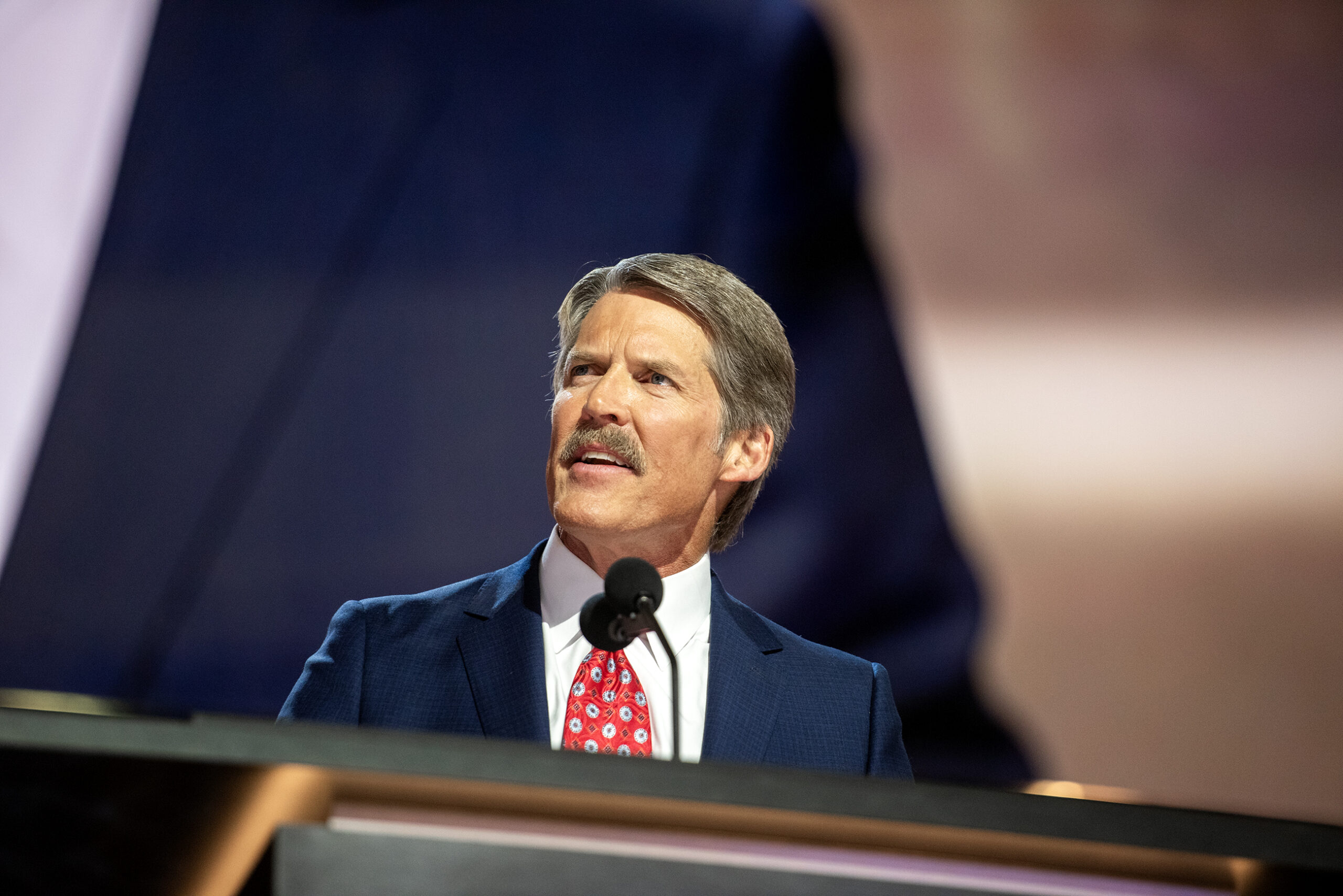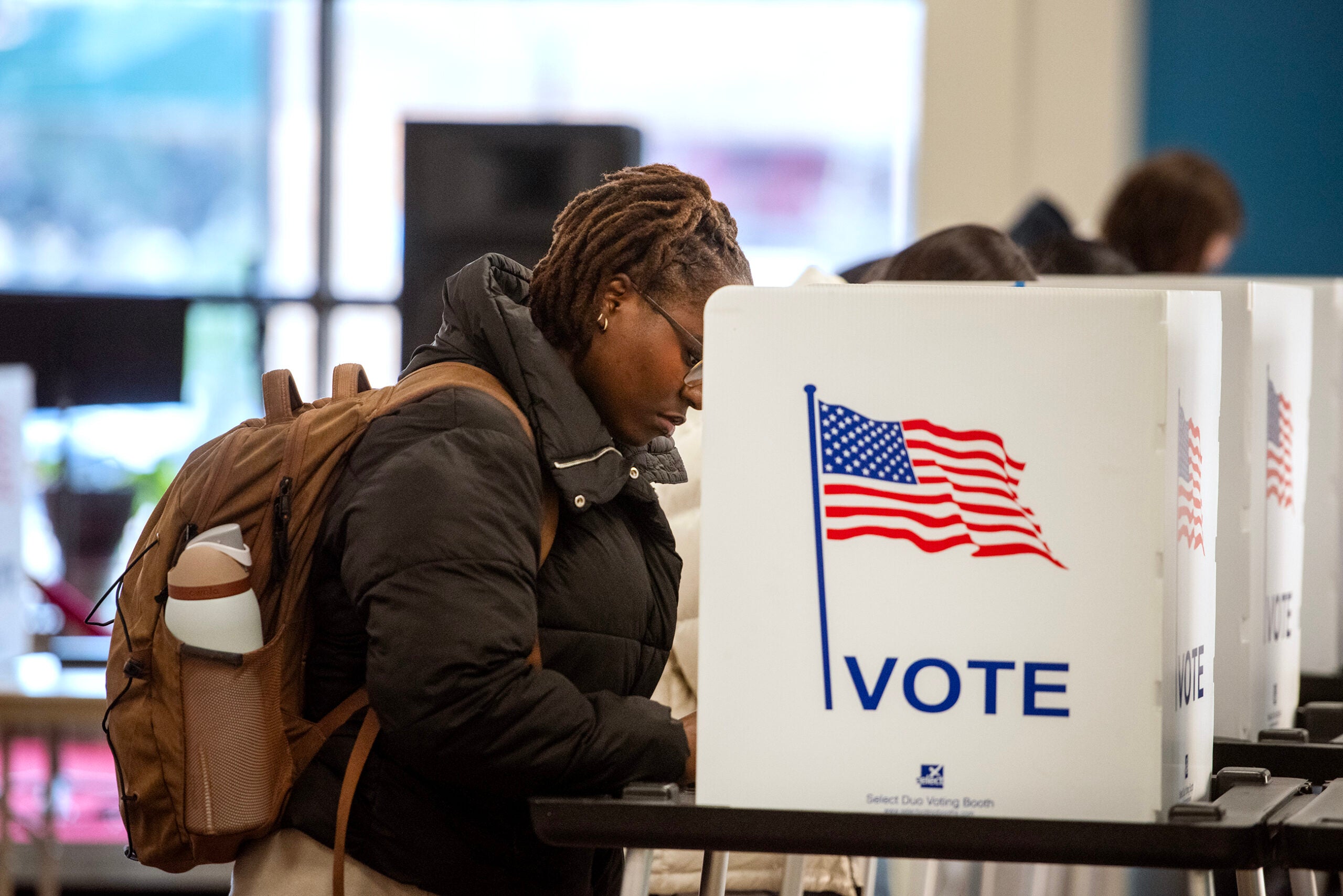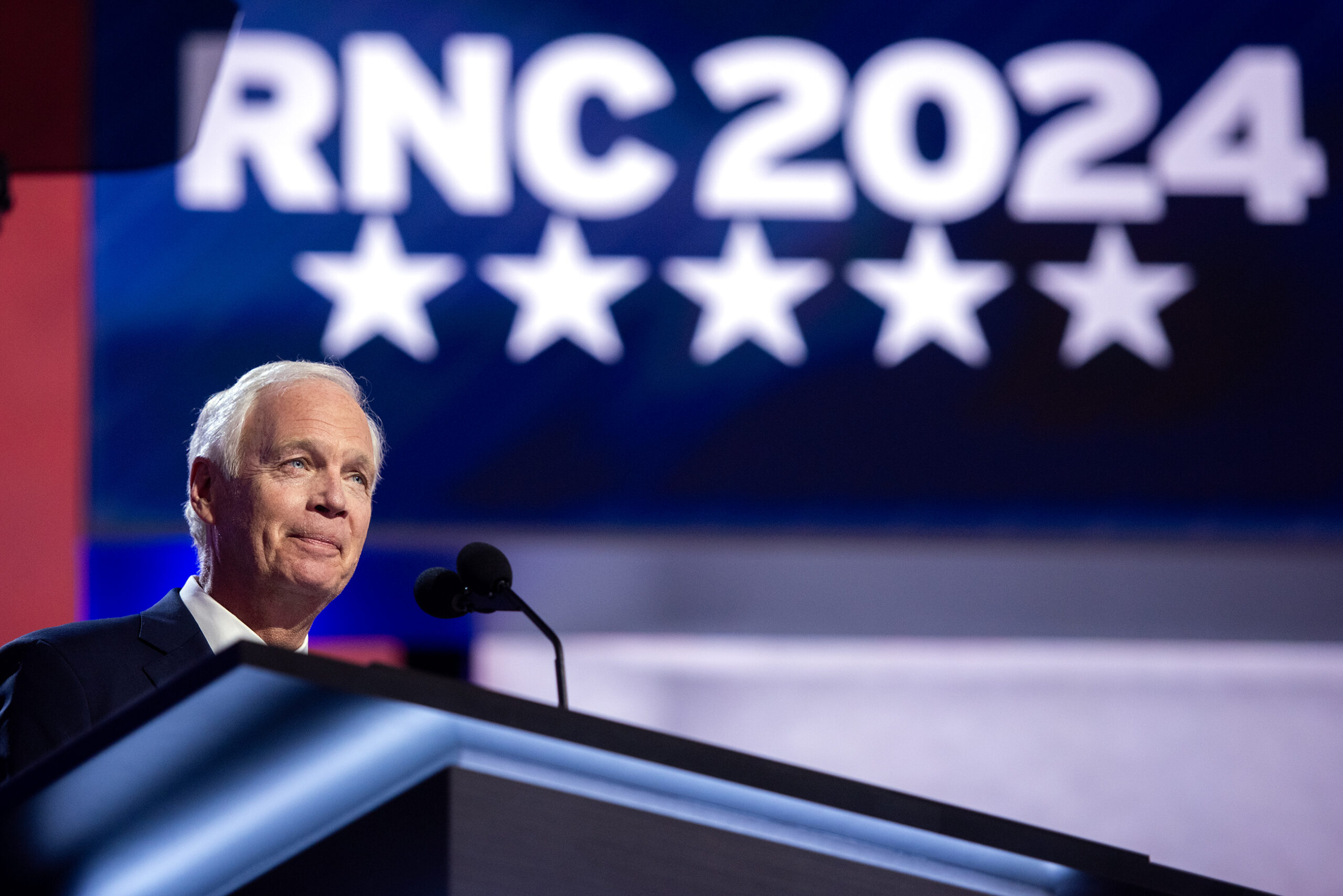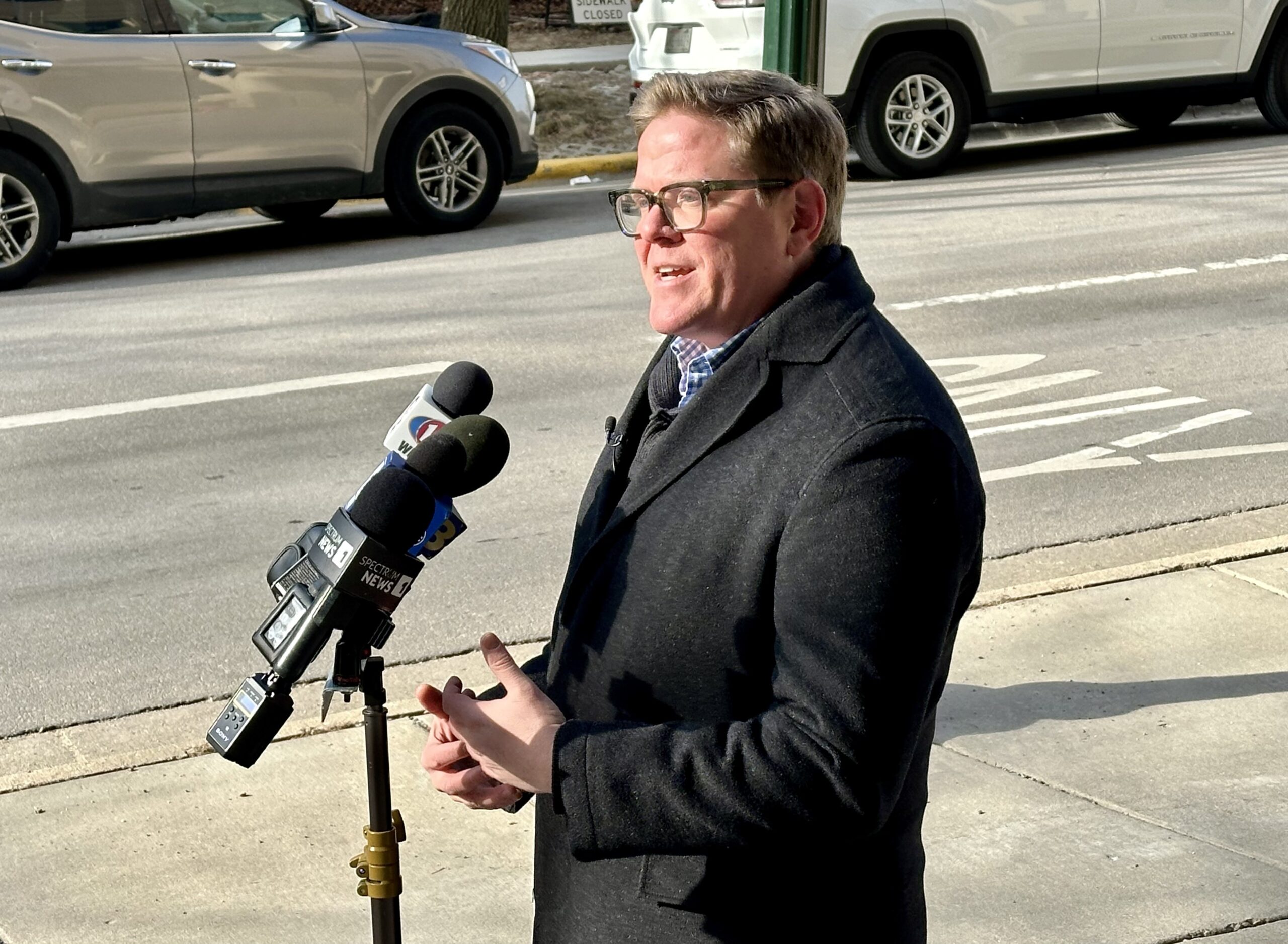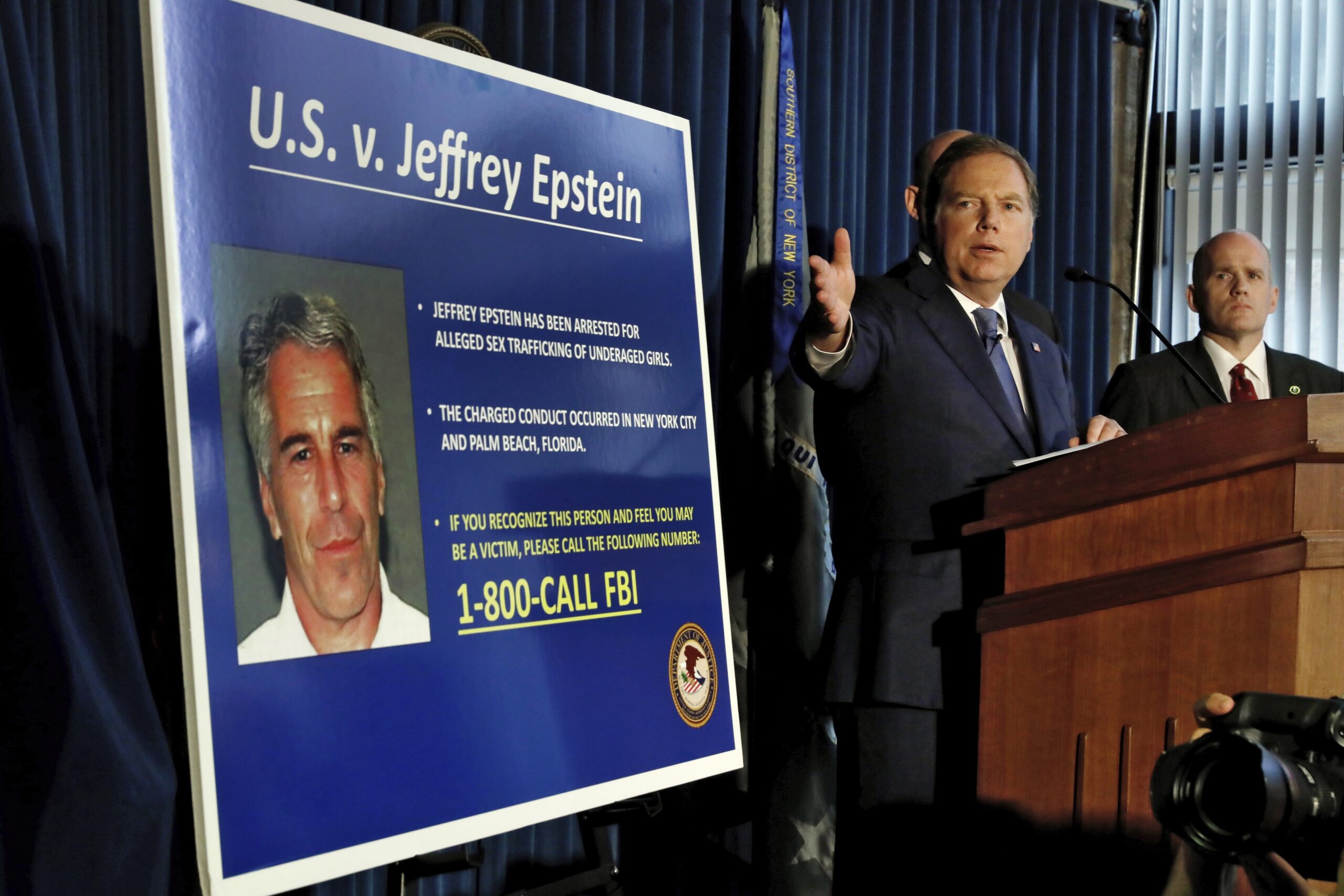Republican U.S. Senate candidate Eric Hovde is suing a political action committee and media companies for defamation, claiming a campaign advertisement about him is false.
A former attorney for the Federal Elections Commission said these types of suits are rare because they nearly always fail.
Hovde filed his defamation suit Friday in Brown County Circuit Court against the WinSenate political action committee and seven media organizations including Gray Media Group, Fox Television Stations and Scripps Media, Inc.
News with a little more humanity
WPR’s “Wisconsin Today” newsletter keeps you connected to the state you love without feeling overwhelmed. No paywall. No agenda. No corporate filter.
An ad created by WinSenate, which started running in Wisconsin June 13, is at the heart of Hovde’s lawsuit. It calls Hovde a “multimillionaire California banker” and said Hovde’s family “rigged the system to rake in $30 million in government subsidies and loans and now he’s sheltering his wealth in shady tax havens around the world.”
The next day, attorneys representing Hovde’s campaign sent letters to media companies running the WinSenate ad notifying them that it “contains demonstrably false and intentionally misleading assertions about Mr. Hovde and is intended to deceive your viewers.”
“You must immediately remove this false advertisement from your network in accordance with your obligations and duties as an FCC licensee,” the letter states.
Stations received another letter on June 17 from the Elias Law Group, which is representing WinSenate, referencing news reports it says back up the claims in the ad. It says Hovde is a public figure and “Wisconsin voters are entitled to know his background, and how it may impact the issues that will determine their votes.
“There is absolutely nothing false about the claims in this advertisement. The Campaign has no right to silence WinSenate. Your decision to accept the advertisement should remain undisturbed,” the letter said.
A spokesperson for Hovde’s campaign did not immediately respond to a request for comment for this story. Attempts to reach WinSenate for comment were unsuccessful.
‘False statements in campaign ads are protected’ under First Amendment
Whether or not the statements in the ad are true, Senior Director for Campaign Finance at the Campaign Legal Center Erin Chlopak told WPR that speech in these types of advertisements is generally protected under the First Amendment.
“Cases about false statements in campaign ads, as a general matter, are quite rare,” Chlopak said. “Because they will almost always, if not always, fail.”
In essence, Chlopak said, the U.S. Supreme Court has recognized in 2012 and 2014 that speech, even false speech, falls under the Constitution’s right to free speech.
“So, as a general matter, false statements in campaign ads are protected.”
She said there are some exceptions, like lying about the date of an election, that could put a person’s right to vote in jeopardy. But in order to win a defamation case that may portray a candidate in a false light, Chlopak said the candidate would have prove intent and harm in court.
“Really, this underscores how important it is to have transparency around those ads,” said Chlopak.
She said different states have different rules about campaign ad transparency. The WinSenate ad contains small print at the bottom of the screen citing news articles it claims back up the substance of the attacks on Hovde.
Wisconsin Public Radio, © Copyright 2026, Board of Regents of the University of Wisconsin System and Wisconsin Educational Communications Board.

